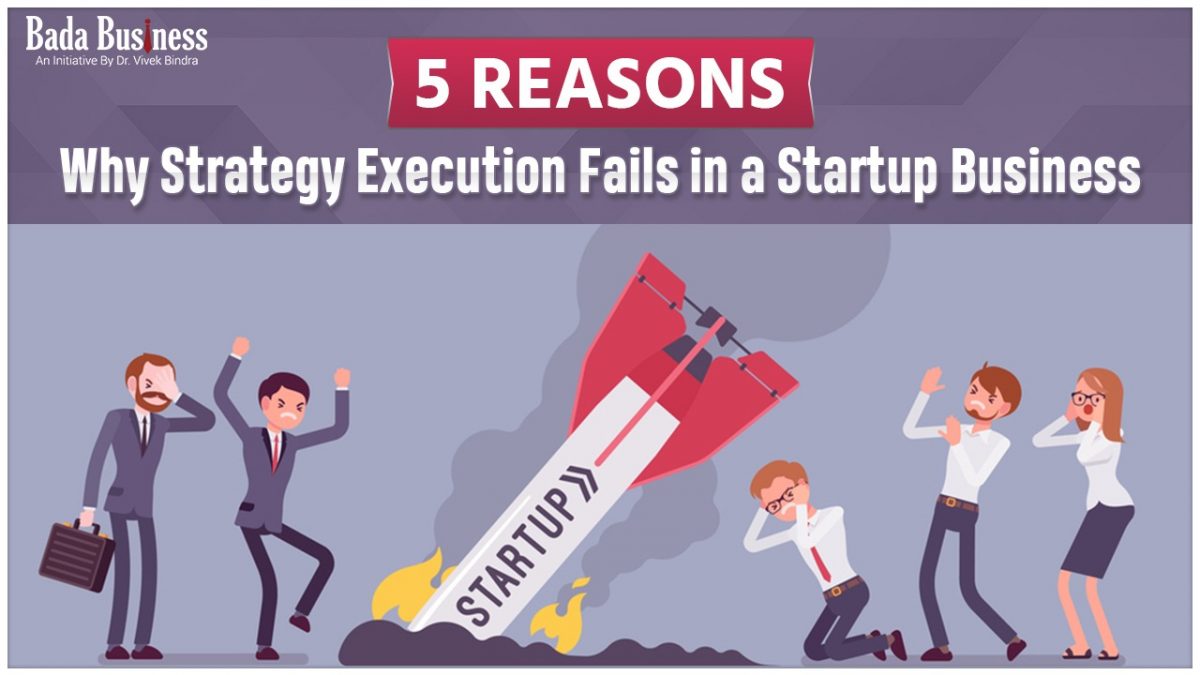Every entrepreneur wants his business to grow into a successful venture. However, the journey is not that easy. Scaling and expanding your business is difficult. There are many challenges down the road. But with the right growth strategies, scalability is possible.
To scale and grow a small startup business, entrepreneurs must adopt various growth techniques. It will also require you to interact with customers daily to create a meaningful customer relationship. And so much more!
Although some of these growth techniques are quite fresh, they have proven to be effective and play a vital role in the growth of the modern-day business. All you need is to de-clutter your mind and shift your perspective a little to identify the most effective business growth hack.
But first things first!
What exactly is growth hacking?
The entire concept of growth hacking is an experiment-driven technique to determine the most effective ways for growing a business. This vast concept includes a blend of development, marketing, engineering, design, data, and analytics.
If you are wondering if growth hacking is legal, why it has the term ‘hack’ then let us tell you that a hacker finds a quick, cost-effective but innovative method to attain growth instead of following the traditional processes.
Though, there are many existing growth hacks, here is a list of 4 strategies that will take your small business to the next level efficiently and quickly:
1. Build a Pre-Launch Email List
Email marketing though is an old method but remains the king when it comes to an effective growth strategy. It is quite an effective method when it comes to finding both leads and conversions. If you are launching a new product or a service, you can also create hype through email marketing. But, don`t just create a list of email addresses and sit idle. Take a few weeks to build up the hype and make your audience wait eagerly for the product or the service you are about to launch.
2. Create Unique Selling Point
Creating a unique experience for customers is necessary in the business world. There must be plenty of other business owners selling the same product as yours. Then why a customer should buy your product? How your product will solve the immediate problem of the consumer in the market will make the ultimate difference.
Sell the benefits and tell your target customer how their life will be changed after they purchase your product. Consumers want to know the stories behind your product, and not about your product. You can also take online courses for entrepreneurs to gain in-depth information.
3. Know your Competitors Well
Knowing about your competitors is necessary to stay ahead. Hence, do a market analysis and research about your competitors. Find out their key selling points and build a strategy that will work for your product. This is an excellent growth hack for small business owners who are in the early stages.
4. Create Strategies Tailor-made for Your Business
In this digital age, creating a marketing strategy that is tailor-fit for your brand is a little tricky. But, if done properly, it can fetch more customers and boost sales. Small business owners can deploy creative growth hacks to pull more customers to their platforms by email marketing, product recommendations, visually appealing ad creative, and identifying high lifetime value (LTV).
These growth hacks, if implemented quickly, can be quite effective for small business owners. A planned approach is necessary to scale these experiments.
Learn what works for what, not for your business. Find a customized business strategy as per your requirements with our Problem Solving Course.









